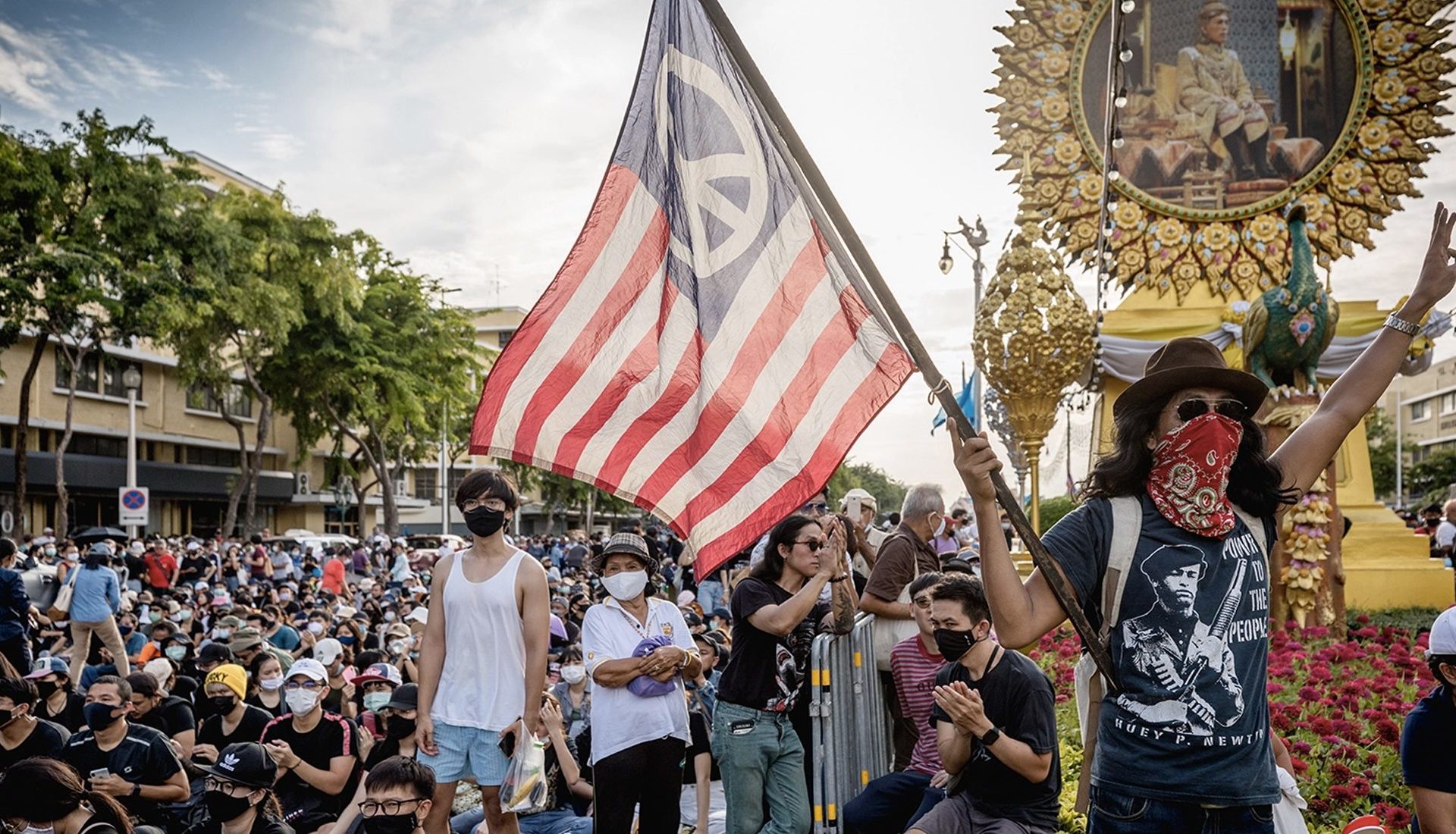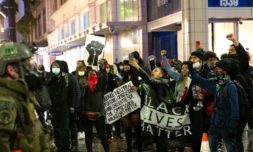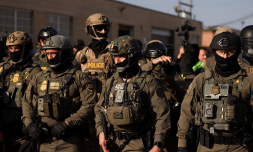The dating app has become the latest battleground in the efforts of pro-democracy protestors in Thailand.
Demonstrators in Thailand, who have taken to the streets over the past few months in their hundreds of thousands to oppose their military government and the royal family, have recently added Tinder to the list of weapons they’re using to propagate a pro-democracy message. Whilst regimes prone to censorship have long been cognisant of the utility of Twitter and Facebook for political expression, two platforms that the Thai government has already legislated against, people opposing the government on Tinder is a novel means of rebellion the administration probably didn’t see coming.

Currently, the Thai population is heavily divided between royalists, who support the Thai royal establishment and the austere military government, and those who wish to see the nation democratised. The current Thai Prime Minister Prayut Chan-o-cha, who rose to power in a coup d’état in 2014, has ruled the country unchecked for the past six years, during which political and civil rights have been severely restricted.
In 2016 the Prime Minister amended the constitution through a disputed referendum to guarantee military rule for the next 20 years. When the government’s main opposition, the Future Forward Party, was dissolved at the beginning of 2020, Thai citizens began protesting en mass, demanding the dissolution of the parliament, an end to the intimidation of citizens, and constitutional reform.
https://twitter.com/Ithasnomeanings/status/1311217925890609153
A key part of the movement’s unprecedented growth despite the coronavirus has been the popularity of social media in Thailand, where about 75% of people are active social media users (a number that rises to 90% for Gen Z). Twitter and Facebook have been major sources of coordination and communication among protesters – a precedent we saw last year in Hong Kong, and one that’s increasingly being seen in violently disputed conflicts like Syria and Iraq.
However, these platforms and other forms of digital communication are strictly monitored by Thai police, military, security agencies, and private royalist groups. According to the constitution, publishing content online that ‘causes public unrest’ or ‘threatens national security’ has led to publish harassment, arrests, and even mysterious disappearances.




















